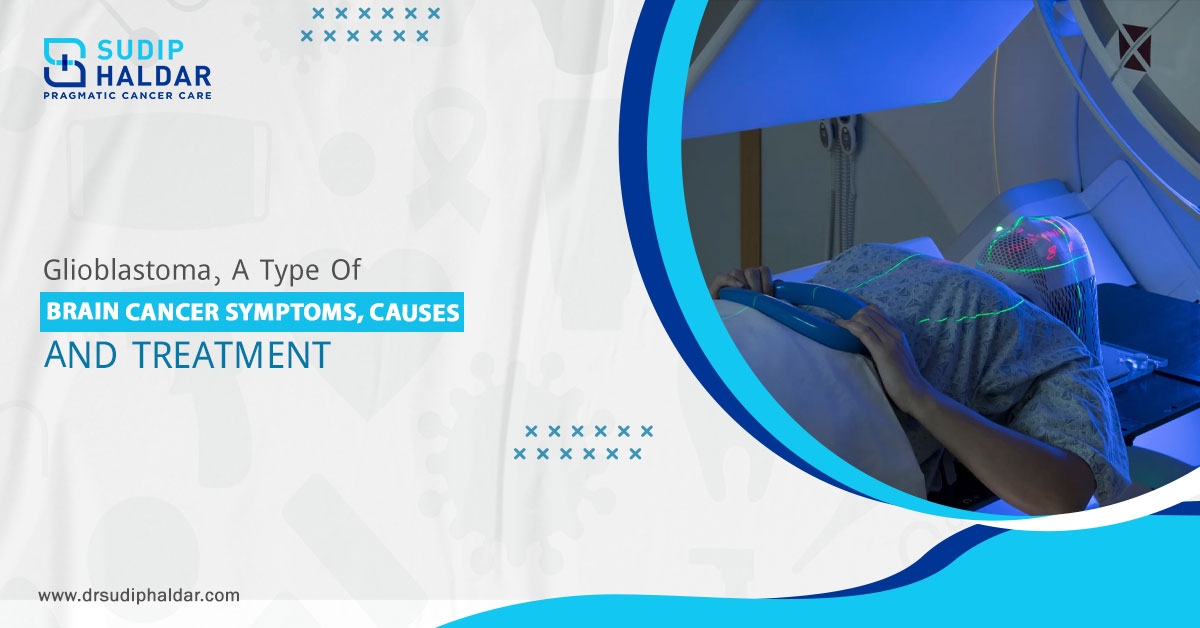Cancer is a distressing disorder which can lead to abnormal development of the cells in the body, which can also destroy the healthy tissues around it. If this condition is not treated properly then it can spread to other parts of the body as well. Head & neck cancer is one of the most common types of cancers that can affect your throat, mouth, or other parts of the neck and head.
You must always be aware of the fact that most of these cancers are preventable and can also be treated properly if detected at an early stage. Before recommending a treatment plan, the oncologist will first determine the location and stage of the cancer. This will help to destroy the squamous cells precisely for a speedy recovery.
Here is a complete guide about the common types, causes, symptoms, risk factors, diagnosis, and treatments for head & neck cancers.
Types
One of the most common types of head & and neck cancer is oral cancer, which can spread to the lining of your cheeks, lips, gums, around the mouth, and tongue. Hypopharyngeal cancer is another type which is found in the lower part or hypopharynx of the throat. If the cancer is detected in the upper part of the throat then it is considered as Oropharyngeal cancer.
The other types of head & neck cancer include salivary gland, Paranasal sinus, nasal cavity, laryngeal, and nasopharyngeal cancer. If these cancers are left untreated then they can also spread to the lymph nodes near your neck. However, you must note the fact that thyroid, brain, eye, and oesophagal cancers are not considered head & neck cancers.
Causes
The main cause of head & neck cancer depends upon its location and in most cases, it starts from the salivary gland, mouth, throat, and sinuses. The root cause behind most of these cancers is the sudden changes in the DNA. These changes in the DNA caused by the cancer can change the normal functioning of the cells.
It often instructs the cells to divide quickly so that the cells don’t die at a set point in time. This creates an abnormal tissue growth in the body parts which leads to the development of a tumor that can further destroy the healthy tissues around it. These cancer cells can also break into other parts of the body making it a metastatic cancer.
Symptoms
The symptoms of head & neck cancer may vary depending on the starting point of the cancer. Based on these symptoms, the head & neck oncologist in Siliguri will recommend a personalized treatment plan. Some of the general symptoms of this type of cancer include-
- Pain while swallowing hard food
- Presence of a painless lump in the neck
- Consistent stuffy nose
- Sudden weight loss
- Persistent cough with blood
- Facial pain and numbness
- A recurrent tongue or mouth sore
- Trouble breathing
- Repeated sinus infections
- Frequent headaches
- Voice changes or hoarseness while speaking
- Swelling in the face
Risk Factors
1. Tobacco Usage- Almost 80% of head & neck cancers are caused due to tobacco usage, which may include cigarette smoking, chewing tobacco, and snuffing.
2. Weak Immune System- Major surgeries or HIV infection can weaken your immune system, which can also lead to the development of certain cancers.
3. Improper Diet- Another risk factor of this type of cancer is improper diet, where over-consumption of salt-cured foods enhances the risks of nasopharyngeal cancer.
4. HPV Infection- One of the main risk factors for Oropharyngeal cancer is HPV infection. This risk is mainly higher among the younger adults.
5. Alcohol Consumption- Excessive consumption of alcohol can also increase the chances of developing head & neck cancer. This risk is higher in both men and women.
6. Exposure- One can also get affected with this type of cancer due to exposure to radiation and certain substances such as pesticides, paint fumes, and asbestos.
Diagnosis
Early detection plays the main role in successfully treating cancers. This can be done by performing some diagnostic tests, which will include a thorough physical exam. The physical exam will check all the areas of the nasal cavities, tongue, throat, lips, gums, and neck. The doctor can also collect some tissues during the examination for biopsy.
Endoscopy such as laryngoscopy and nasal endoscopy can also be effective diagnostic tests to visualize various areas of the head and neck. The other probable tests include blood sample testing, CT scans, PET scans, X-rays, and MRIs. Herein, the oncologist will decide what other tests need to be done.
Treatment Options
There are various advanced treatment options that can be used to treat head & neck cancers. Some of the most effective ones are radiation therapy, surgery, immunotherapy, chemotherapy, and targeted therapy. Palliative care can also be provided by the doctor which can enable you to enjoy an enhanced life quality with minimal symptoms.
If you’re suffering from head & neck cancer or have a family history of any cancers then it is essential to contact a reputed oncologist immediately. You can also stop consuming alcohol or tobacco and take HPV vaccines to stop the cancer from coming back again.





